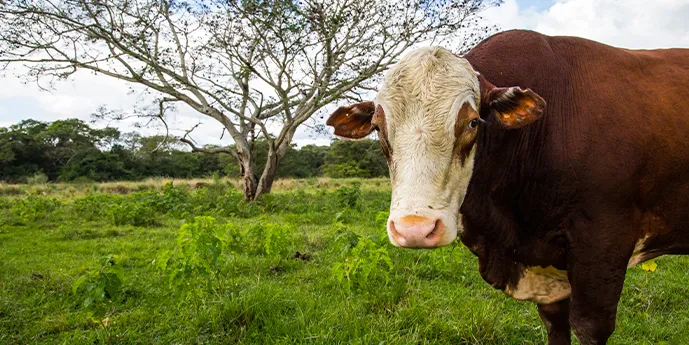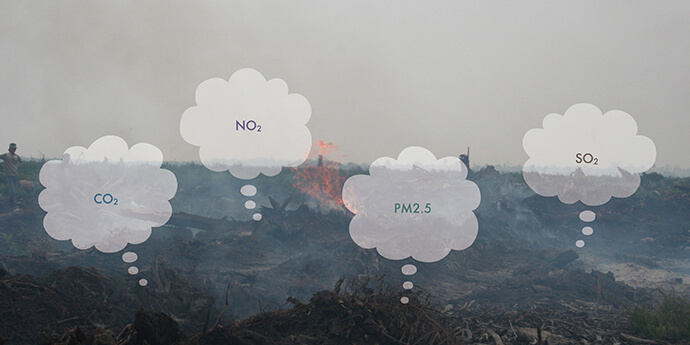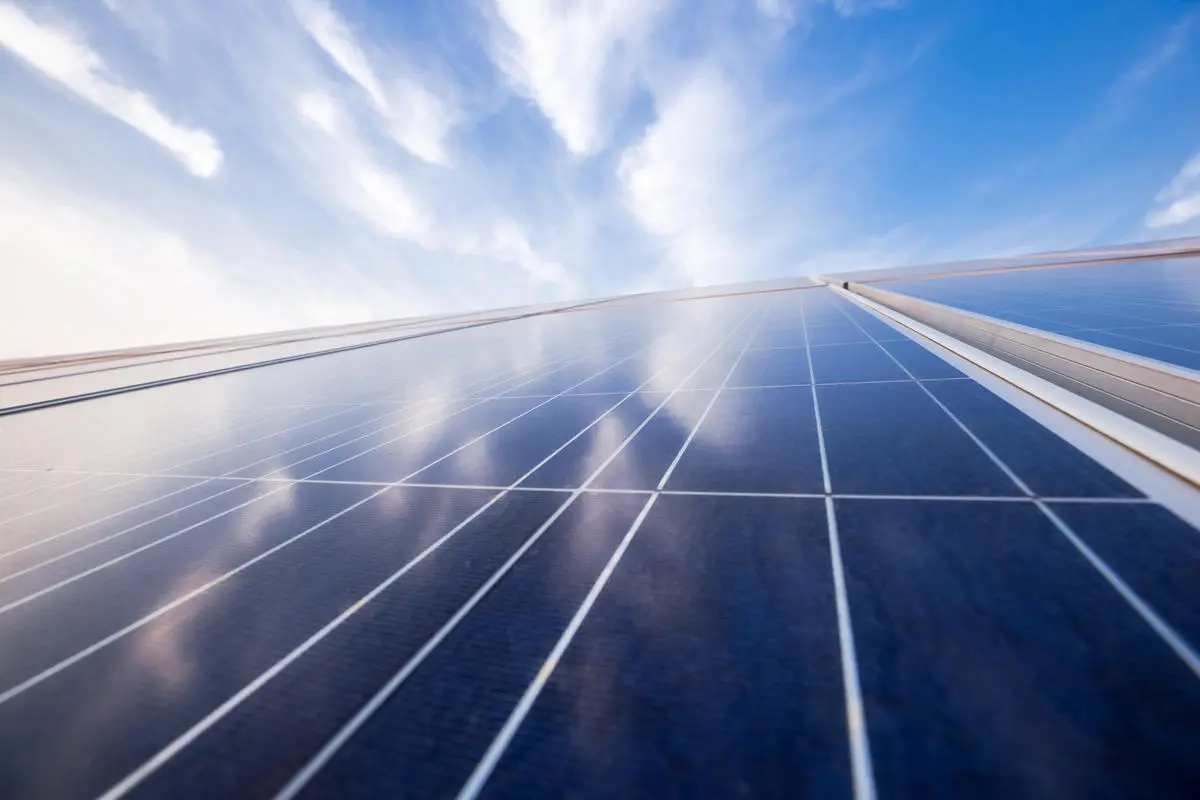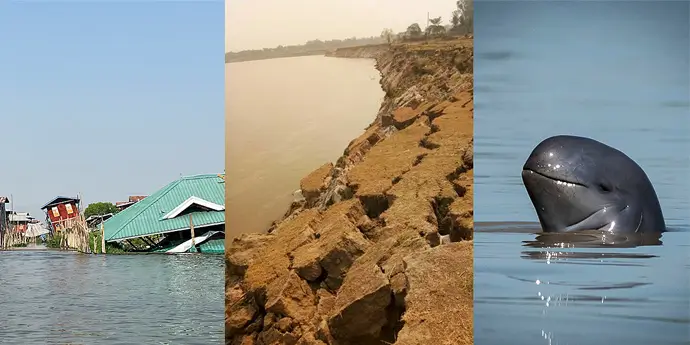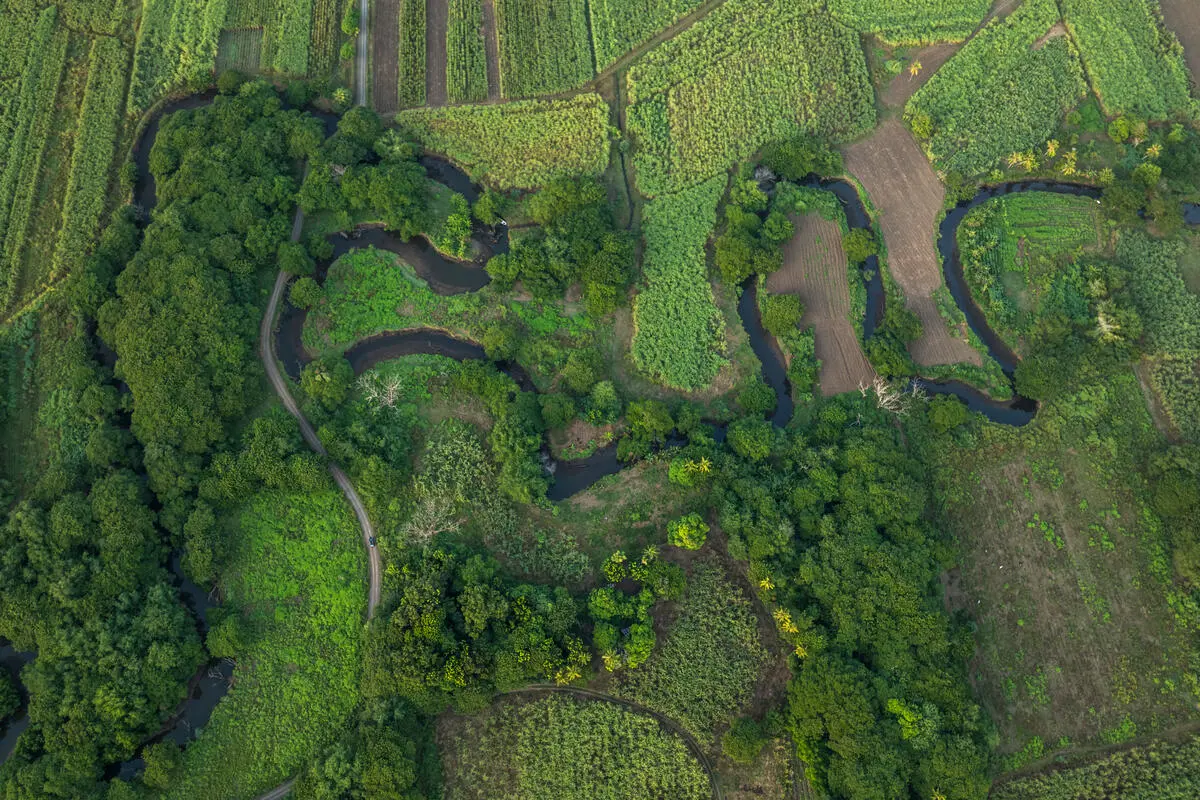FiT法におけるGHG排出削減基準および持続可能性基準策定を求める要望書(日本語訳)
2020/07/16
資源エネルギー庁 省エネルギー・新エネルギー部 新エネルギー課 御中
事務局長 東梅 貞義
WWF ヨーロピアン・ポリシー・オフィス
所長 エスター・アシン
「電気事業者による再生可能エネルギー電気の調達に関する特別措置法」(以下、FiT法という)において、WWFジャパンおよびWWFヨーロピアン・ポリシー・オフィス(以下、WWF EUという)は、持続可能性、特に温室効果ガス(以下、GHGという)排出増大の懸念があるため、FiT法の目的見直しおよび、目的を達成し得る持続可能性基準の策定を強く要望する。FiT法の目的を見直すことは、日本がGHG削減に取り組むために必須であるだけでなく、過去の適切でない政策を是正するため欧州をはじめ、諸外国の取組みから学ぶ意味でも重要である。燃料利用を目的として森林資源や農作物をより多く収穫することは、化石燃料よりも多くのGHG排出につながること可能性が大きく、気候変動を回避するために必要な森林など生態系保全に反するものである。
現在のFiT法は電力の安定供給と地域経済の活性化に重点が置かれているが、本来目指されるべきGHG削減効果が十分に考慮されていない。太陽光や風力など、再生可能な自然エネルギーの普及を後押しするために策定されたFiT法により、「再生可能エネルギーの固定価格買取制度」が2012年7月1日から開始され、国民はその原資として「再生可能エネルギー発電促進賦課金」を負担している。
WWFジャパンも 2017年2月、2050年までに日本のエネルギーがすべて再生可能な自然エネルギーによって供給されることを目指し「脱炭素社会に向けた長期シナリオ2017」を発表し活動を進めている。 しかし100%自然エネルギーを目指す中で、その1つでもあるバイオマス発電において、近年、燃料の持続可能性が考慮されず、GHG排出削減に関する規定もない状況に強い懸念があることから、WWFジャパンは2019年5月に「バイオマス燃料の持続可能性に関するポジション・ペーパー」を発表した。
再生可能エネルギーを主力電源化する大前提として温室効果ガス削減があるべきである。第5次エネルギー基本計画において、2030年に向けて再生可能エネルギーを主力電源化していく方向性が示されている。日本のエネルギー政策は、再エネも含めて「エネルギーの安定供給(Energy Security)」と「経済効率性(Economic Efficiency)」、「環境への適合(Environment)」、そして「安全性(Safety)」のそれぞれの頭文字を取った「3E+S」を追求しているが、現在世界は「パリ協定」の実施に向けて大幅なGHG削減を進めている。したがって、日本のバイオマス発電についてもGHG削減効果を定量的に示すことは重要であり、少なくとも、対化石燃料比での削減率につき基準を設けることが必須である。日本における再生可能エネルギーの普及においても、同様にGHG削減を大前提として燃料を選択するべきである。現在燃料として導入が進められている輸入原料(アブラヤシ由来物および木質バイオマス等)は、適切な持続可能性基準に則った運用がなければ、化石燃料よりもGHG排出量を増大させるリスクがある。
以上を踏まえ、WWF ジャパンおよびWWFEU は経済産業大臣および、資源エネルギー庁 省エネルギー・新エネルギー部 新エネルギー課に対し、それぞれ下記を要望する。
梶山 弘志 経済産業大臣への要望
- 国民負担によって賄われるバイオマス発電事業者への補助金が化石燃料と比べて大幅なGHG排出削減効果をもたらすようFiT法の目的を見直し、当該目的を達成し得る持続可能性基準を策定すること
- 資源エネルギー庁 省エネルギー・新エネルギー部 新エネルギー課において、GHG削減基準を速やかに検討・設定させること。そのため、例えば、パーム油などの燃料作物や木の幹や切り株など、化石燃料と比べて大幅なGHG削減が見込めない場合(*)は、FiTの対象とすべきではない。分解が早く他に用途のない廃棄物や残さであっても同様と考える
資源エネルギー庁 省エネルギー・新エネルギー部 新エネルギー課への要望
- FiT制度として適切且つGHG削減基準を含む燃料の持続可能性基準を検討・設定すること。2020年4月改訂版「事業計画策定ガイドライン(バイオマス発電)」においては、様々なバイオマス原料を燃料として利用することを前提とした議論になっている。GHG削減基準に則れば、分解が早く他に用途のない廃棄物と残さは奨励されてしかるべきと考えられるが(*)、ある原料が燃料として適切かどうか判断する際には燃焼にともなう気候面の影響を慎重に検討する必要がある。
- GHGは国際的に信頼できる第三者による定量的な計算方法(既存の手法でも可)を確立し、一律に義務付けること。なお、GHGを算出する際は、土地利用変化、(伐採等により)喪失した除去量、間接的土地利用変化、森林と土壌中の炭素蓄積から燃焼まで、ライフサイクルを通した計算が必須である。
本要望書に対し、2020年7月末日までに下記メールアドレス宛に、メールでの回答を希望する。継続検討が必要な場合は、いつまでに回答をいただけるのか、期日をご連絡いただきたい。なお、いただいた回答は全て本要望書と併せてWWFジャパンのホームページにて公開することを予定している。万一回答をいただけなかった場合は、その旨を記載することを付記しておく。
原文
Hiroshi Kajiyama, Minister of Economy, Trade and Industry
New and Renewable Energy Division, Energy Conservation and Renewable Energy Department, Agency for Natural Resources and Energy
Request for Formulation of GHG Emission Reduction Standards and Sustainability Standards in FiT Act
In light of concerns over sustainability and, in particular, the potential increase in the emission of greenhouse gases (GHG), WWF Japan and WWF European Policy Office urgently request that the objectives of the Act on Special Measures Concerning Procurement of Electricity from Renewable Energy Sources by Electricity Utilities (hereinafter, the “Feed-in Tariffs [FiT] Act) be revised to ensure that Japan’s support for bioenergy lead to reductions in GHG emissions and avoid repeating the serious mistakes that have been made in the EU and elsewhere in recent years - and that are now in the process of being reversed. Increased harvesting of forests or crops for energy will typically increase emissions compared to fossil fuels and runs directly counter to the protection and restoration of forests and other ecosystems that is required to stop runaway climate change. With revised objectives in place, the FiT Act should then be equipped with the sustainability standards to ensure that the objectives are achieved.
Currently the FiT Act’s objectives put the focus on the stable supply of energy and the revitalization of local economies. It gives less emphasis to reductions in GHG emissions, which should have been the objective in the first place. The FiT Act, which was established to encourage the use of renewable energy sources such as solar power and wind power, launched the feed-in tariff scheme for renewable energy from July 1, 2012. The scheme is funded by the fees that citizens are charged to “promote renewable energy generation.”
WWF Japan released its “2017 Long-term Scenario for the Creation of a Decarbonized Society” in February 2017, which aims to have all of Japan’s energy come from renewable energy by 2050, and our activities have reflected this goal. However, in aiming for 100% renewable energy, in recent years we have become very concerned that there are no regulations on the reduction of GHG emissions required of biomass or on ensuring the broader ecological sustainability of feedstocks used in biomass power generation. Accordingly, in May 2019 WWF Japan released its Position Paper on the sustainability of bioenergy.
- WWF Japan’s 2017 Long-term Scenario for the Creation of a Decarbonized Society (Executive Summary)
- WWF Japan Position Paper “Bioenergy as a Sustainable Energy Source” (May 2019 Edition)
Making renewable energy the main source of energy should be predicated on a reduction in GHG. The Fifth Basic Energy Plan lays out the direction for making renewable energy the main energy source by 2030. Japan’s energy policy pursues “3E+S,” which is the abbreviation for “energy security” (the stable supply of energy, including renewable energy), “economic efficiency,” “environment” and “safety.” Given the need to make substantial reductions in GHG as part of the implementation of the Paris Climate Agreement, it is important that the effectiveness of Japan’s biomass power generation in reducing GHG be a priority and expressed quantitatively. At the very least, it is essential that a standard be set for the reduction rate relative to fossil fuels. As Japan pursues the broader use of renewable energy, bioenergy feedstocks should only be chosen or supported by the government on the basis that they will result in GHG reductions compared to fossil fuels. However in the absence of appropriate sustainability standards, the imported feedstocks that are introduced under FiT (palm oil and woody biomass, among others) risk increasing GHG emissions compared to fossil fuels.
In light of the above, WWF Japan and WWF European Policy Office make the following requests of Hiroshi Kajiyama, the Minister of Economy, Trade and Industry, and the New and Renewable Energy Division, which is part of the Energy Conservation and Renewable Energy Department in the Agency for Natural Resources and Energy.
Requests of Hiroshi Kajiyama, Minister of Economy, Trade and Industry
- Revise the objectives of the FiT Act to ensure that bioenergy subsidies financed by taxpayers deliver significant reductions in GHG emissions compared to fossil fuels, and establish adequate sustainability standards accordingly.
- Instruct the New and Renewable Energy Division of the Energy Conservation and Renewable Energy Department in the Agency for Natural Resources and Energy to promptly consider and set GHG reduction standards, which should exclude bioenergy feedstocks such as palm oil and other dedicated crops or tree trunks and stumps that will typically increase emissions compared to fossil fuels and only incentivize fast-decaying wastes and residues with no other uses.
Requests for the New and Renewable Energy Division, Energy Conservation and Renewable Energy Department, Agency for Natural Resources and Energy
- Consider and set sustainability standards including GHG reduction standards that are appropriate to the FiT scheme for bioenergy fuels. While only fast-decaying wastes and residues with no other uses should be incentivized, the discussions of the April 2020 revised edition of the Guidelines for Establishing Business Plans (Biomass Power Generation) revolve around the ways to use a variety of biomass sources for energy. Careful consideration should be given to the climate impact of burning all potential sources.
- Establish methods to quantitatively calculate (existing methods would be possible) lifecycle GHG emissions compared to fossil fuels by a third party that has international credibility and require that this method be used across the board. When calculating GHG, the full lifecycle, from changes in land use, forgone sequestration and indirect land use change to changes in forest and soil carbon stocks and the emissions from fuel combustion, should all be included.
Since this is an open letter, we will release this request to the press. If you may have any questions, please contact WWF Japan.
For a Living Planet
Yours Sincerely,
Sadayosi Tobai,
CEO, WWF Japan
Ester Asin,
Director, WWF European Policy Office
- FiT法におけるGHG排出削減基準および持続可能性基準策定を求める要望書(日本語訳)
- Request for Formulation of GHG Emission Reduction Standards and Sustainability Standards in FiT Act




